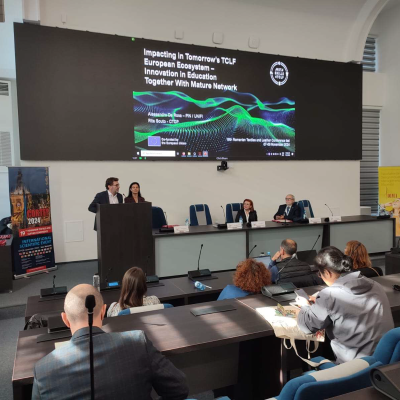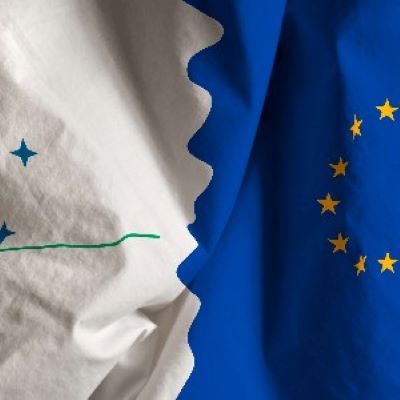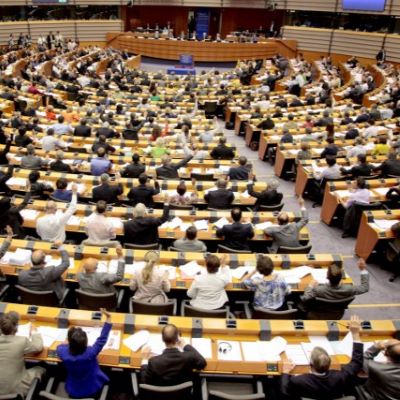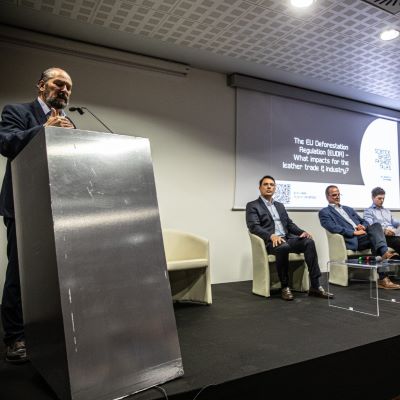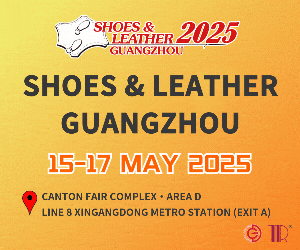EU and Mercosur conclude free trade negotiations
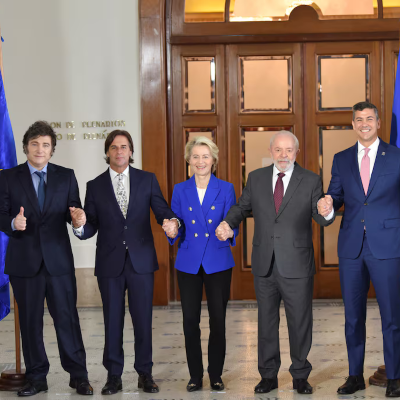
Last Friday, the European Union and the Mercosur bloc agreed on the much-delayed free trade agreement. The deal is now subject to approval by the Council and Parliament
European Commission President Ursula von der Leyen and her Mercosur counterparts (President Lula of Brazil, President Milei of Argentina, President Peña of Paraguay and President Lacalle Pou of Uruguay) announced that they had concluded negotiations on a “groundbreaking” EU-Mercosur partnership agreement, which is intended to deliver significant mutual benefits through enhanced geopolitical, economic, sustainability and security cooperation.
“This is a win-win agreement, which will bring meaningful benefits to consumers and businesses, on both sides”, said Ursula von der Leyen, who stressed that the agreement includes “robust safeguards” to protect farmers’ livelihoods, ensures compliance with health and food standards, and will save EU businesses 4 billion euros a year in export duties.
From an economic perspective, the FTA also aims to secure trade preferences in strategic net-zero industries such as renewable energy technologies and low-carbon fuels, help small and medium-sized enterprises export more by cutting red tape, and ensure an efficient, reliable and sustainable flow of raw materials critical to the global green transition.
Indeed, EU-Mercosur is keen to take sustainability commitments to the next level. In particular, it aims to make the Paris Agreement an essential element of EU-Mercosur relations; establish concrete commitments to halt deforestation; enforce labour rights and the sustainable management and conservation of forests; and establish an active role for civil society organisations in monitoring the implementation of the Agreement. Moreover, the EU has pledged 1.8 billion euros to facilitate a fair green and digital transition in Mercosur countries.
“For Europeans, it opens up a vast region to freely trade with, including access to critical raw materials, and diminishes the risk of competitors replacing us in our absence. The deal creates a market for over 700 million people and saves businesses in Europe billions annually in tariffs. For both sides, it will lead to many more jobs and opportunities. This is good foreign policy and a good day for the EU and our partners in Latin America”, added Kaja Kallas, High Representative for Foreign Affairs and Security Policy/Vice-President of the European Commission
Next Steps
However, the deal faces an uphill battle for approval in the European Council and Parliament. France, which has been the most vocal critic of the deal in the EU, has branded it “unacceptable” on environmental and agricultural grounds, according to Reuters. Indeed, European farmers have repeatedly protested an EU-Mercosur deal, which they say would lead to cheap imports of South American goods. Italy and Poland have also said they have no conditions for signing the deal.In contrast, Reuters highlights that a group of EU members, including Germany and Spain, say the deal is vital for the bloc as it seeks to diversify its trade after the near closure of the Russian market and unease about reliance on China.
Image Credits: reuters.com


